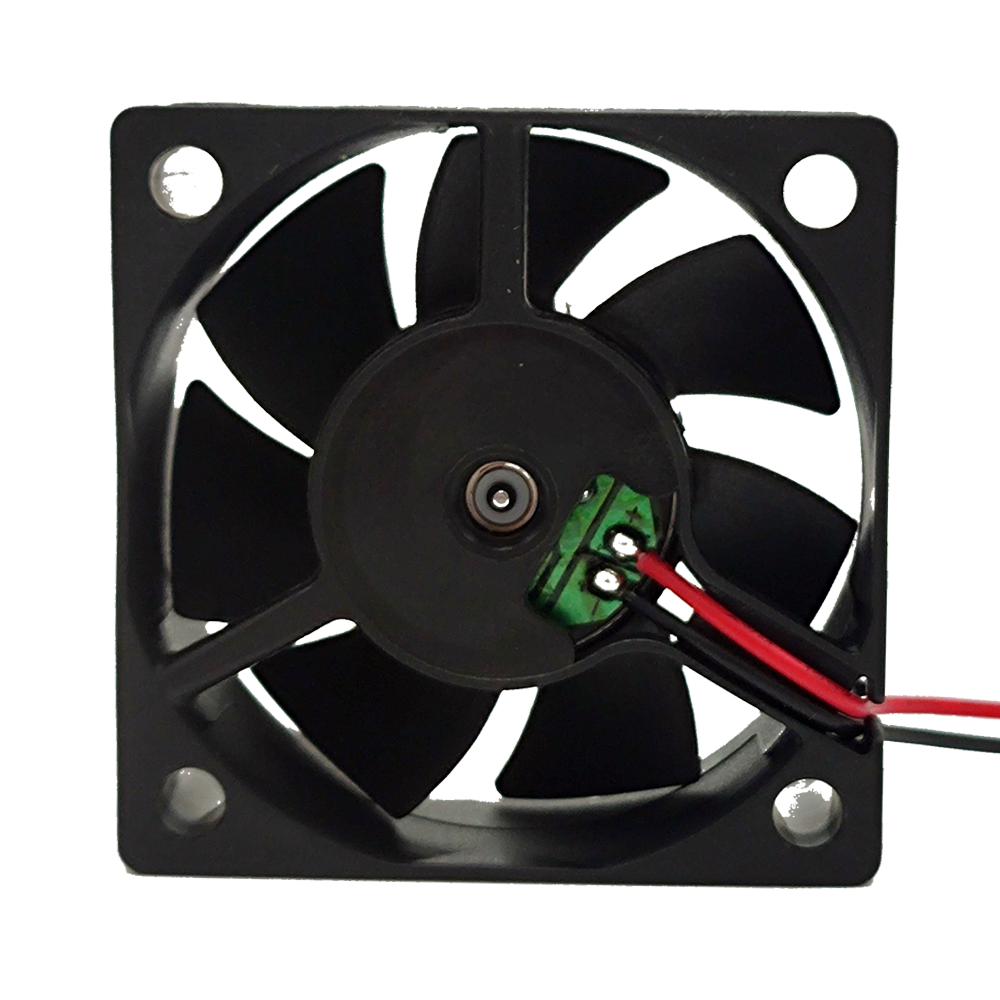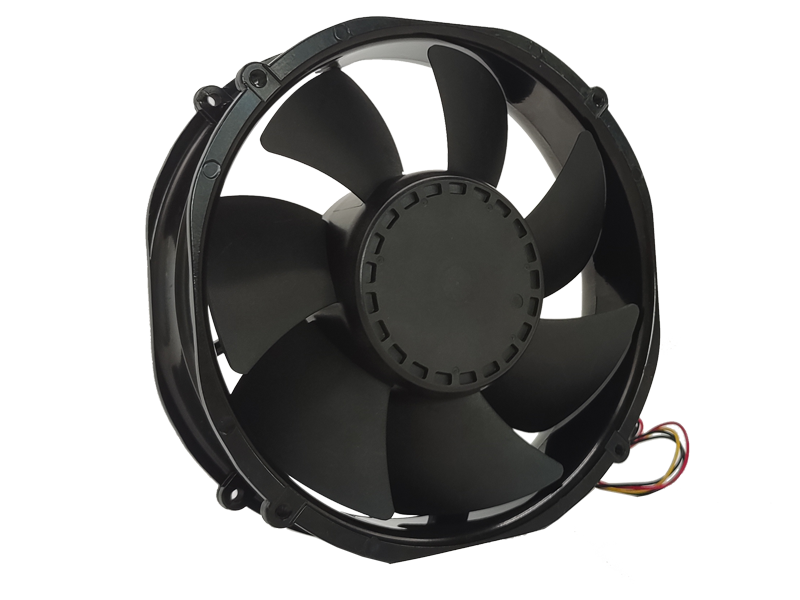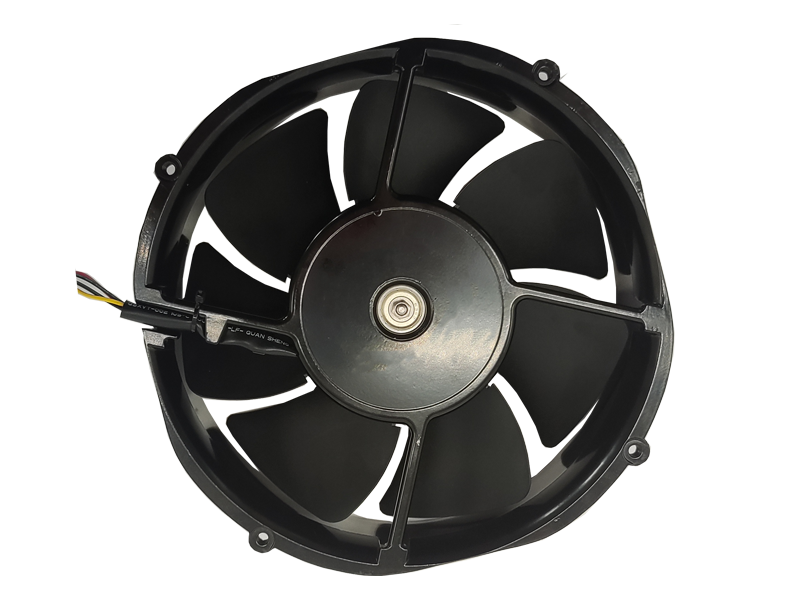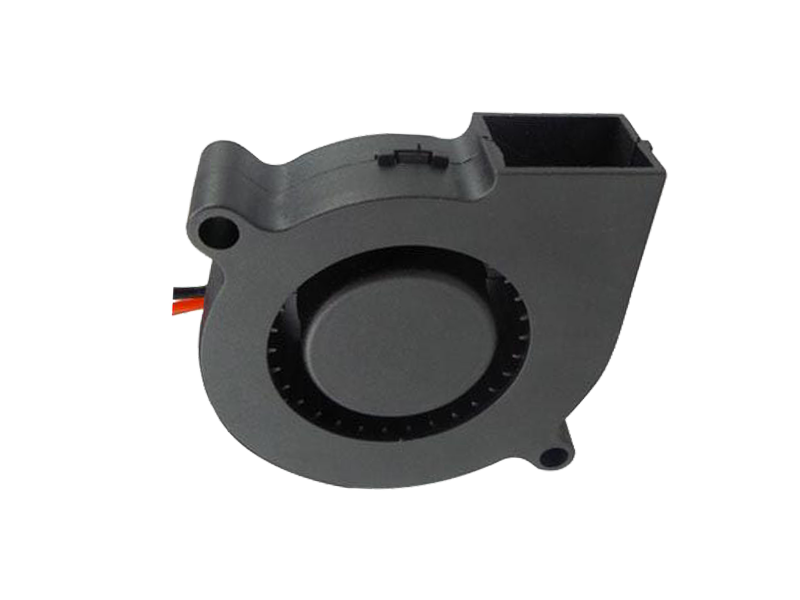Industrial fans play a critical role in a variety of sectors, from manufacturing plants to warehouses, agricultural facilities, and even large office spaces. These robust machines are designed to move air efficiently, maintain temperature control, and improve ventilation. As the world becomes more industrialized and commercial spaces grow in size, the demand for reliable industrial fans has escalated. This article will explore the importance of industrial fans, their types, applications, and the factors to consider when selecting the right fan for a specific purpose.
The Importance of Industrial Fans
Industrial fans are indispensable in environments where proper air circulation and temperature regulation are crucial to both human health and operational efficiency. Whether it's controlling temperatures in a factory, improving air quality in a warehouse, or ensuring proper airflow in an agricultural facility, these fans help to create a safer and more comfortable environment. Here are some of the key reasons why industrial fans are critical:
Temperature Control: Many industrial processes generate significant heat. Without adequate cooling, machinery and equipment could overheat, leading to potential failures, reduced efficiency, or safety hazards. Industrial fans help maintain optimal temperatures by circulating air and facilitating heat dissipation.
Air Quality Improvement: In environments like warehouses, factories, or agricultural facilities, air quality can deteriorate quickly due to the presence of dust, fumes, or contaminants. Industrial fans enhance ventilation and help clear stale air, replacing it with fresh, clean air to ensure the well-being of workers and compliance with safety regulations.
Humidity Regulation: In many manufacturing processes, humidity control is critical. For example, food production, textiles, and pharmaceuticals require specific humidity levels to ensure product quality and prevent spoilage. Industrial fans, when paired with dehumidifiers, can regulate moisture levels effectively.
Energy Efficiency: Properly selected and strategically installed industrial fans can enhance energy efficiency. Fans that are too small or too large for a space will lead to wasted energy. A well-designed fan system ensures that only the necessary amount of air is moved, reducing energy consumption and costs.
Types of Industrial Fans
There are several types of industrial fans, each suited to specific applications. Understanding the different types helps in making an informed decision based on the needs of your facility. The most common types of industrial fans include:
Axial Fans: Axial fans are the most common type of industrial fan. These fans move air along the axis of the fan, meaning they push air in a straight line. Axial fans are often used in ventilation systems, cooling towers, and heating, ventilation, and air conditioning (HVAC) applications. They are ideal for low-pressure, high-volume airflow.
Centrifugal Fans: Unlike axial fans, centrifugal fans move air at a 90-degree angle to the intake. These fans are often used in applications that require high-pressure airflow, such as dust collection systems, fume extraction, and industrial air conditioning. They are also known for their ability to move air over longer distances.
Cross-Flow Fans: Cross-flow fans operate by pulling air into the fan from both sides and expelling it in a direction perpendicular to the intake. These fans are often used in air conditioning systems, as well as in situations where space is limited and where quiet operation is important.
Tube Axial Fans: Tube axial fans are similar to axial fans but feature a cylindrical housing that guides airflow more efficiently. These fans are used in applications where airflow needs to be directed precisely, such as in clean rooms, tunnels, or exhaust systems.
Portable Fans: As the name suggests, portable industrial fans are mobile and can be moved from one location to another. These fans are used in spaces where ventilation needs are temporary or changing, such as construction sites or emergency situations.
Key Considerations for Selecting the Right Industrial Fan
Selecting the right industrial fan for a specific application involves considering several factors. Below are the most important aspects to evaluate:
Airflow Requirements: The amount of airflow needed is crucial in choosing the right fan. This is typically measured in cubic feet per minute (CFM) or liters per second (L/s). A higher CFM indicates a greater ability to move air. The required airflow will depend on the size of the space, the number of people or machines operating in the space, and the amount of heat being generated.
Pressure Considerations: The pressure at which air is delivered is also an important factor. Fans are generally classified as either high or low-pressure fans. Low-pressure fans, such as axial fans, are ideal for situations where large volumes of air need to be moved with minimal resistance, while high-pressure fans, like centrifugal fans, are better for moving air through filters or ducts.
Energy Efficiency: Since industrial fans run for extended periods, energy consumption is an important factor. Opt for fans that offer high energy efficiency ratings, as this will reduce operating costs over time. Modern fans come with energy-saving features such as variable-speed motors, which adjust the fan speed according to the cooling needs of the space.
Noise Levels: In industrial settings, noise can be a significant concern, especially in work environments where employees need to communicate or concentrate. When selecting an industrial fan, it is important to consider the noise output. Fans with lower decibel ratings will create a more comfortable environment, particularly in spaces with high noise sensitivity, like offices or hospitals.
Durability and Maintenance: Industrial fans are often exposed to harsh conditions, including high temperatures, moisture, dust, and chemicals. The materials used in the fan construction (such as corrosion-resistant metals or coatings) should be durable and able to withstand these elements. Additionally, consider the ease of maintenance. Fans that are easier to clean and maintain will last longer and operate more efficiently.
Applications of Industrial Fans
Industrial fans have a wide array of applications across different industries. Here are a few examples:

Manufacturing: In manufacturing plants, fans are essential for cooling machinery and controlling temperatures. They also help in removing airborne particles, fumes, and dust that could affect product quality or pose a safety risk.
Agriculture: In agricultural facilities such as poultry farms, dairy barns, and greenhouses, fans are used to regulate temperature and humidity levels. Proper ventilation ensures animal welfare and promotes optimal crop growth.
Warehousing and Logistics: Large warehouses and distribution centers rely on industrial fans to improve airflow and maintain comfortable working conditions. Fans also help in regulating humidity levels, preventing moisture buildup that could damage goods.
Food Processing: In food processing plants, hygiene and temperature control are paramount. Industrial fans help keep temperatures stable and reduce the risk of bacterial contamination in food storage or processing areas.
HVAC Systems: In commercial and residential HVAC systems, industrial fans are used to circulate conditioned air throughout buildings, ensuring a comfortable environment for employees, customers, and residents.
Conclusion
Industrial fans are crucial for maintaining air quality, temperature control, and ventilation in various industries. Whether it's in a factory, warehouse, agricultural facility, or any other large space, these fans ensure a more efficient, productive, and comfortable environment. When selecting an industrial fan, it is essential to consider airflow requirements, pressure, energy efficiency, noise levels, and maintenance needs to ensure optimal performance. By choosing the right industrial fan, businesses can achieve better operational efficiency, lower energy costs, and improved safety conditions for workers.
Recommended Products

The main purpose:Car charging station

The main purpose:Car charging station

The main purpose:Electronic refrigerators, water dispensers, direct drinking machines, inverter power supplies
Address:No. 4137, Longgang Avenue (Henggang Section), Henggang Community, Henggang Street, Longgang District, Shenzhen
hotline:13530005572(Chen)15112579390(Li)


Welcome all friends to come for consultation and negotiation.
Copyright 2024 @ Shenzhen Youneng Xinyuan Electronics Co., Ltd.,(industrial fans,industrial blowers,axial fans,cooling fans manufacturer,centrifugal fans,ac cooling fans,dc cooling fans)